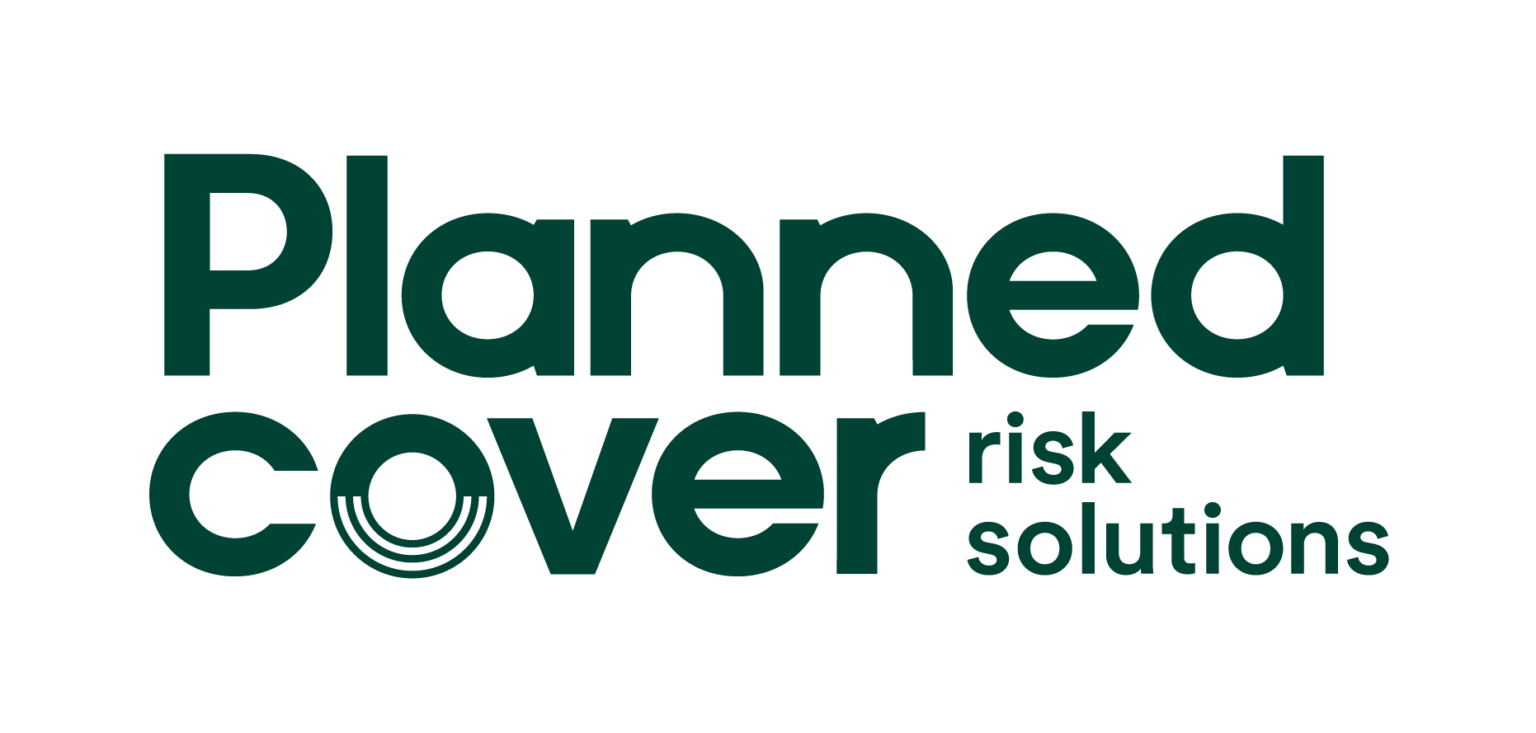After more than 25 years of practice, i2C Architects pursued B Corp certification to help guide the development of policies and procedures aligned with their existing values and commitment to people, community and purposeful architecture. Loren Willis offers advice on the rigorous certification process and shares the benefits of making meaningful connections with the wider B Corp community.
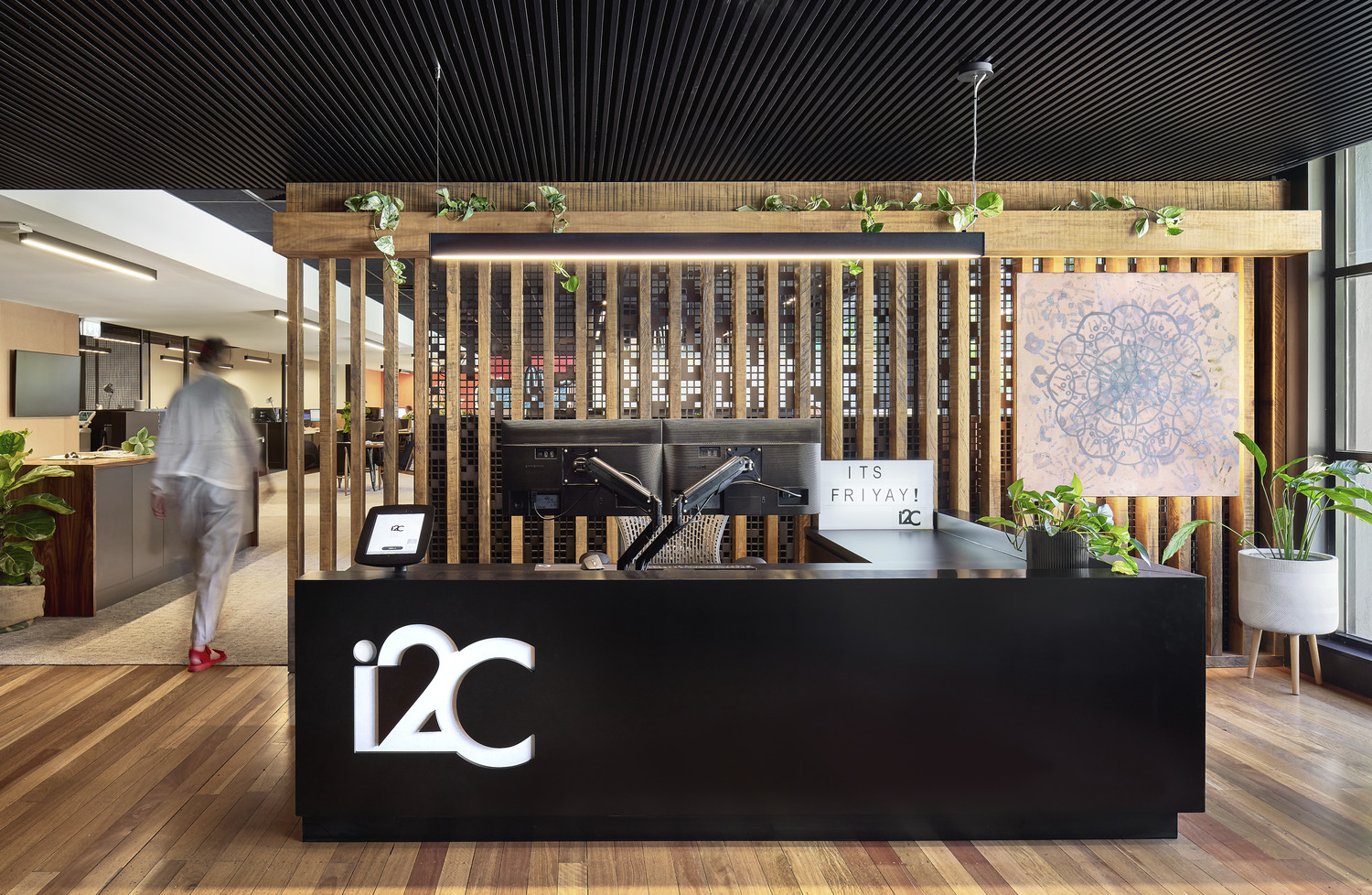
Values and benefits
Our pursuit of B Corp was partly a pat on the back to validate the good we already do as a practice, but primarily to put us on a pathway of measured and continual development. In a world where doing good sometimes doesn’t feel like enough, we are looking at the future of architecture and the footprints we leave behind.
Our practice has grown from knowledge sharing beyond our own four walls. We wanted to be part of a wider community, to connect and engage with other businesses outside the architecture industry to broaden our perspective. B Corp is a global movement, not just a certification. It isn’t a tick box or a piece of paper to hang on the wall. It’s a challenge. We have to continually evaluate what we do and why we do it, through a lens of positivity.
Motivation
Our certification was driven by Claire Bowles, our Purpose Director, supported by Loren Willis (People and Culture) and the wider team. Focusing on the different elements of the current B Corp pillars (Community, Customers, Environment, Governance and Workers), we realised we all have a part to play. This unity helped us to rethink our leadership structure and consider broadening the voices within our practice. We invited team members to represent the pillar that aligned best with their experience. Our B Corp inspired Leadership Team have been collaborating across the practice for two years now.
We’ve found that aligning with the B Corp framework has provided clearer direction for developing policies, procedures and practices that reflect our values. Learning from other B Corps has helped us navigate the associated red tape and eased the process. This clarity has diminished hesitation and enabled us to make more effective and efficient business decisions.
By integrating our leadership structure into the B Corp framework we are organically integrating our certification requirements into our day-to-day life at i2C. We are due to re-certify next year with the existing framework and have worked closely with BLocal Representatives to understand how the proposed changes (and improvements) will impact our next re-certification.
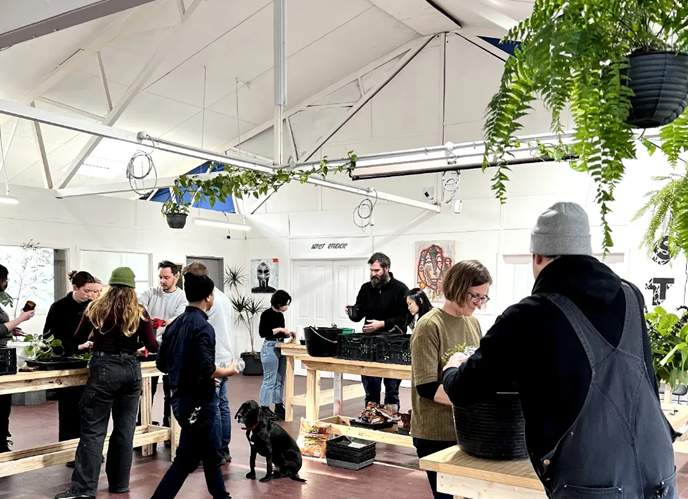
The certification process
The process was lengthy. We had to look at the rigorous questioning and take a step back to truly see how this would sculpt our practice. We needed to understand what information we already captured and how we could incorporate the B Corp framework into our company Playbook. Our main challenge was our existing data, which was measured in different software and formats. We’ve now adapted our methods to ensure we are capturing that information beyond certification and prepare ourselves better for re-certification. For example, we will use our existing software to tag projects with B Corp reportable data, such as ‘Brown Field Site’ and ‘Low Income Housing’.
Certification took us 18 months, which matched expectations, as most say 18 months to two years. This gave us the opportunity to rethink parts of our approach to certification and make some changes along the way.
We also combined some of the ambitions we have as a practice, which were previously separate entities. Our Purpose Plan now incorporates our Sustainability Action Plan and our Reconciliation Action Plan. Realising the intersectionality of reconciliation, sustainability and purpose has fostered a sense of unity in educating our team and our clients.
Not all changes are big. We now remember to take photos of positive initiatives, such as blood donations, volunteering and our culture cafes, which is helpful in demonstrating evidence for our application.
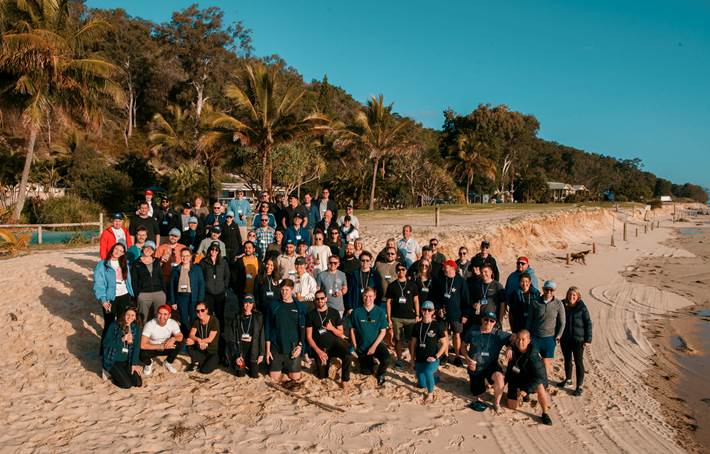
B Corp impact
Being a B Corp is a valuable talking point for us and a powerful way to communicate the importance of being a “business for good” to clients, collaborators and potential employees. At i2C, we host Company Introduction sessions for those interested in joining our team. These sessions highlight what being a B Corp means to us and helps raise awareness of the certification within the architecture industry.
Our team has built many meaningful connections and opportunities to engage in our local communities. Our volunteer policy encouraged our Melbourne studio to become part of the Greening Cromwell Street initiative, aimed at improving biodiversity in our concrete-dominated Collingwood neighbourhood. We have hosted several B Corp networking events at our studios, which have fostered relationships with local businesses. These events have highlighted the positive impacts these businesses are making in their industries and created opportunities for more impactful collaborations with suppliers and clients.
As part of our commitment to social impact, we have actively campaigned to work with social enterprises, community housing providers and responsible suppliers and collaborators
We are super proud of the contributions we are making, especially around community and social housing – a sector where our designs will have a positive impact on some of the most vulnerable people in our communities.
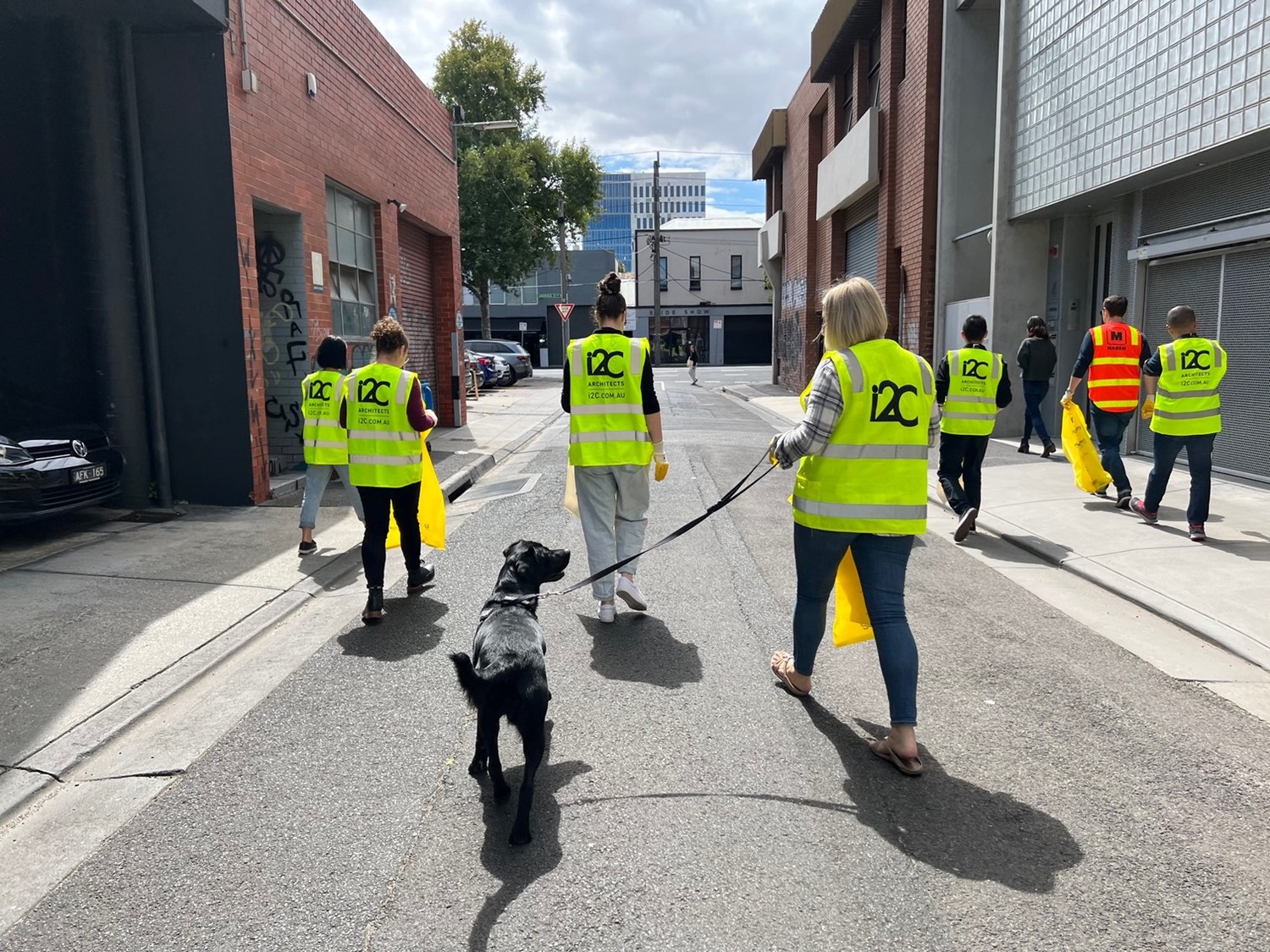
Advice for others
Establishing a dedicated B Corp team and a broader support network is key to the success of the certification process. Collaboration is important when embarking on a pathway of change and a ‘divide and conquer’ approach also offers the opportunity for team engagement along the journey. We have spoken with several practices of various scales, on how and why we became a B Corp. We are proud of the work we have done so far and we love sharing our story. Reach out if you’d like to continue the conversation.

Established in 1999, i2C has been built from the ground up by Brian Jende, Anthony Merlin and Rod Rose. Award-winning retail, urban planning and commercial projects have been a core part of the business from the beginning. Over the past decade, i2C’s expertise has expanded into mixed-use developments, encompassing interior design, branded environments, build-to-rent and social housing. Regenerative principles bring a fresh, innovative perspective to our designs, creating spaces that are healthy, comfortable, enduring and community-focused.
















